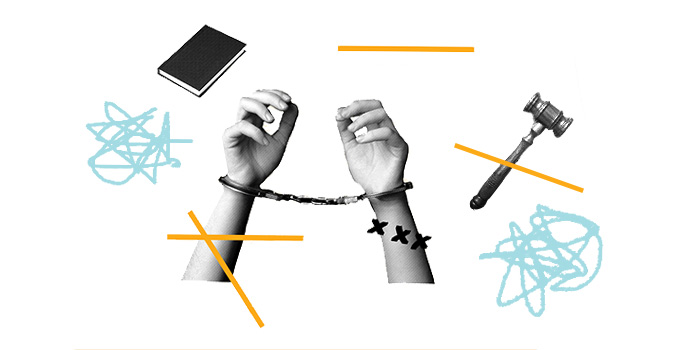“Over the last decade, the number of total suspensions for all offenses for students has dropped by 58%, according to California Department of Education data. The number of willful defiance suspensions dropped 94% over the same period,” said Anabel Sosa in the Los Angeles Times.
California bill SB-274 states that behaviors including breaking the dress code, talking back to a teacher, or using their phone in class, are no longer grounds for suspension for K-12 students. Suspension of students due to truancy or tardiness will also be prohibited. Students who are being physically violent, bullying, and or are found in possession of or using drugs, however, may still face suspension.
The bill also aims at reducing the suspensions of students with disabilities and in special education programs. Providing student counseling and not sending them home have reduced the suspension gaps between many students who are disproportionately affected otherwise.
Another push to pass the bill is due to the high rates of students of color who are affected by these suspensions. Across the L.A. Unified District, African-American students are still disciplined and negatively impacted at disproportionately high rates, with their expulsion rate remaining unchanged by 0.2 percent.
Another term for this is the “school-to-prison pipeline”, which refers to the instances in which minority groups are being disproportionately incarcerated out of the classrooms and into the juvenile and criminal justice systems.This reflects the prioritization of incarceration over access to education, which is also shown through schools’ usage of disciplinary alternative schools, which provide few educational services. Students of color and those with disabilities are more likely to be forced down this pipeline.
Inadequate funding, which locks students into second-rate educational environments, increases disengagement and dropouts. This, coupled with the previously discussed school-to-prison pipeline ultimately leads to greater school reliance on police. Because of this, children are far more likely to experience school-based arrests, which exacerbates the criminalization of students. As a result, these students struggle to be granted re-entry into traditional schools, and the vast majority are left without a high school diploma.
Alternatively, a likely unintentional but positive outcome of this bill is that it has the capacity to improve campus climate. With this bill comes the implementation of restorative practices, which are a broad set of strategies and activities that help develop the relationship between students and staff. Under this bill, a student who would otherwise have been suspended for tardies would be sent instead to a counselor or advisor for help rather than being prohibited from school. These practices have the potential to improve students’ education.
The ultimate goal of this bill is for students to have more access to guidance from counselors and teachers in order to better support their learning. It also aims to help with providing students with more access to opportunities and extracurricular activities, thus increasing community engagement. While this bill is not a perfect solution, it is certainly a step in the right direction.

